TLDR version:
I left Motion Twin, the game company I worked at for about 18 yrs.
I’m now becoming a full-time indie game dev, and it feels really great! :)
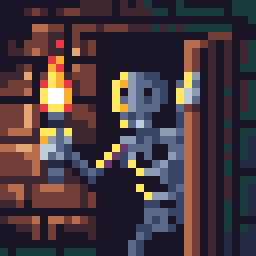
A little bit of history: the F2P era at Motion Twin
I started working at Motion Twin in 2001: I was hired as a graphic artist to update the art of existing games. But being a coder first, my art wasn’t that great (sic), so I quickly switched back to development, and we hired an actual 2D artist.
The company was new: we barely existed for only a few months. So we spent a few years trying things, without great success, until we met the CEO of Prizee.com, a quite notorious French website specializing on virtual scratchcards.
Long story short, we discovered the free-to-play (F2P) model with them, and kind-of imported it in France. Prizee and this new business model helped us in gaining a financial independence: for the first time, we were earning our living from making games, and were paid by players instead of publishers or pro clients.
We spent the next ~10 years creating tons of web games, from simple match-3 titles (Swapou), or pokemon-like titles (DinoRPG) to more hardcore things like Hordes, Intrusion or Alphabounce DSi.
But the web as we knew it was about to collapse with the arrival of the first iPhone.
We tried to make a few mobile games (Uppercup Football, Monster Hotel) but we quickly realized that creating F2P games on mobile was waaaay different from making F2P for the web.
Hey, please note I don’t want to sound like the old guy bragging about how better the good’ol times were, but… Seriously, web F2P was pretty much all about gameplay & making an actual good game, mostly because you had some level of control on traffic sources & user acquisition. Mobile F2P on the other hand was (and still is) all about data: ARPU, user-optimizations, funnels, retention, and basically, any stupid idea to make players pay on a daily basis. If you know what a “daily quest” is, you certainly know what I’m talking about.
Damn, I think I sounded like an old guy bragging.
Dead Cells
I already talked a little bit about the story behind the game before, so let’s just say that this project was a real game-changer for Motion Twin and saved our asses from the F2P shift.
I was the lead on this project, and honestly by this time, I couldn’t have imagined what the success of this game would be.
For us, making a PC game wasn’t the easiest way to leave the web market. The name “Motion Twin” didn’t mean anything to people outside of France, and Dead Cells was our very first Steam title.
Furthermore, the early access thing was a really intimidating experience for us. You know, it was Indiepocalypse everywhere, and Steam was over-crowded and dying, according to everyone. So, going all-in on this platform sounded like a very risky move to many people. Including us. The company was in a very bad shape, and failure would have probably let to destruction.
At first, our sales expectations were around something like ~20k units during the first few months. We actually sold ~100k units on the first week. As of today, the game sold more than 2.5M units across all platforms. These results were absolutely crazy…
To me, working on Dead Cells was probably the best time I ever had at Motion Twin: we were a dream team, players loved the game and Dead Cells was trusting the top charts.
Dealing with the early access
This success put higher expectations on us. We wanted to deliver the best possible game: that meant giving everything to it.
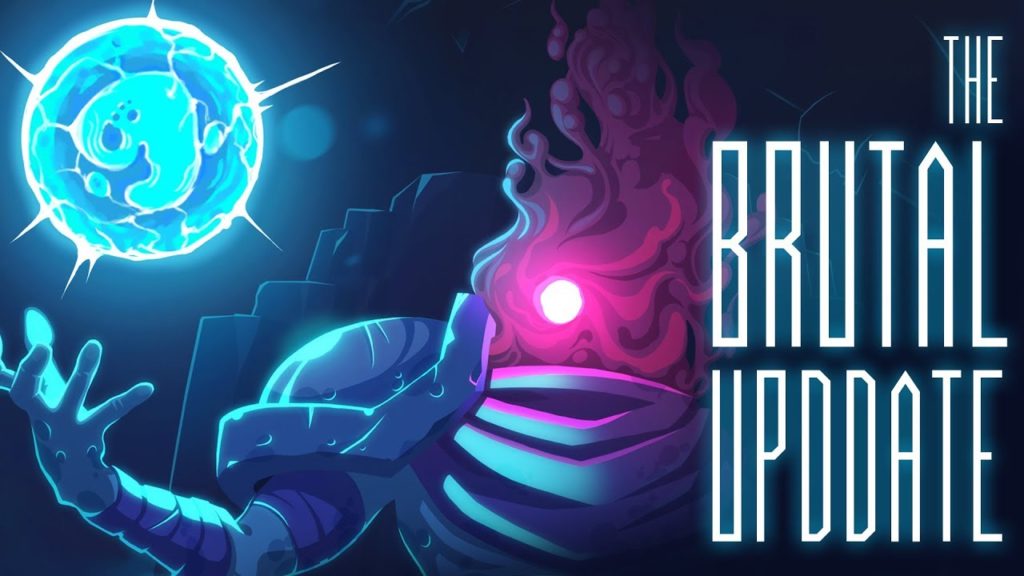
To meet these expectations, we planned monthly major updates during the early access, which meant “make big changes but don’t change things too much”, from a marketing perspective. So to me, everyday was a delicate balance between fixing the gameplay, following the vision and listening to the community.
And boy, that was a complicated task!
We didn’t crunch a lot, though ; maybe a few weekends by the end of the early access, but that was it. But I was basically thinking about Dead Cells all the time. During work hours, evenings, weekends and holidays. Every time I wanted to make a major gameplay change, I knew that the other devs would be waiting for me. So I kept myself under-pressure to deliver a good game while sticking to the deadline. That was pretty intense for everyone. Maybe too much.
“Next project 2019”
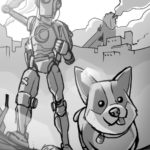
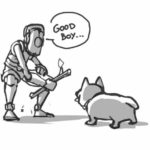
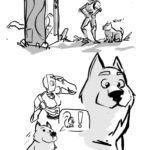
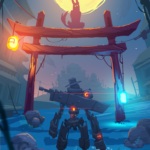
Artworks are copyright 2019, Motion Twin
After the release of Dead Cells in 2018, we kept working on a few big free DLCs and updates for about 1 year. We then decided to give the baby to a (kind of) new company, Evil Empire, created by a former Motion Twin member, Steve Filby. You can read the announcement on Steam.
We then decided to switch the main team (aka. Motion Twin) to a “Next Project” research phase. The broad idea was to create multiple small prototypes, in game jam way, to find an unifying idea. Things didn’t go as expected: designing all together a new large project from scratch proved to be a huge challenge.
The unique cooperative approach of Motion Twin is, in my opinion, the perfect tool to make people work together in a human centred environment and raise the overall final product quality. But it was clearly not the best tool when all we needed was to define a robust creative vision that would serve as a base for a large project.
Actually, before Dead Cells, all our previous games were actually small projects initiated by 1 or 2 people in the team, that grew larger as they left pre-production phases. Even Dead Cells started like that: I created the core concepts, Thomas Vasseur was experimenting with the art & rendering, and we basically started this roguevania as team of 2. Then the rest of the team started to join, driven by production needs.
After Dead Cells, the team wanted to create the next game all together: we wanted to try to have a global vision by making 8 people getting in tune with each others. Seemed like a complicated task, if you asked me back then, and, damn. It was.
During this “Next Project” period, I built about a dozen prototypes (game design, code & animations, while the background art was mostly bought from Itch.io), but none was validated to turn into an actual Motion Twin game. Of course, I wasn’t the only one to create prototypes, but nothing was promoted to an actual global project.
As months passed by, and nothing happened, my relations with the team became more and more complicated. So complicated, actually, that it ultimately led to my forced departure, as I was asked to leave in December 2019.
Background art credits: Cavernas by Adam Saltsman, Inca by Kronbits, 8BIT top down by Canari Games, Gwenaël Massé.
What now?
Trying to create the post-“Dead Cells” game was a very stressful task, and it now feels incredibly great to be able to think about smaller scope projects. “Smaller” doesn’t mean I plan to work on very small experimental games though: I still want to release complete titles and I still plan to sell them on Steam, or other markets ;)
Right now, I’m eager to start working on 2 game projects I’ve been thinking about a lot. I also plan to update RPG Map, including a possible Steam release, if it’s accepted on the store. And of course, I have Ludum Dare and other game jams :)
I also updated the games page to list all projects I’ve worked on at Motion Twin and, before that, on Atari ST. It was a very interesting introspective thing to do: good to look where you’ve been, to decide where you’ll go next.
Last but not least, I want to come back to things I left years go: taking active part in open communities. Being a Haxe developer, my first focus will probably be the game dev community gathering around this language, by helping newcomers getting onboard.
I honestly feel great today. The success of Dead Cells gave me some legitimacy which will certainly be useful in the near future and I’m super excited to start working on personal stuff.
So, expect new things in the next few months, I’ll keep you updated on my Twitter :)
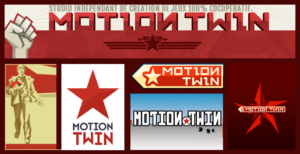
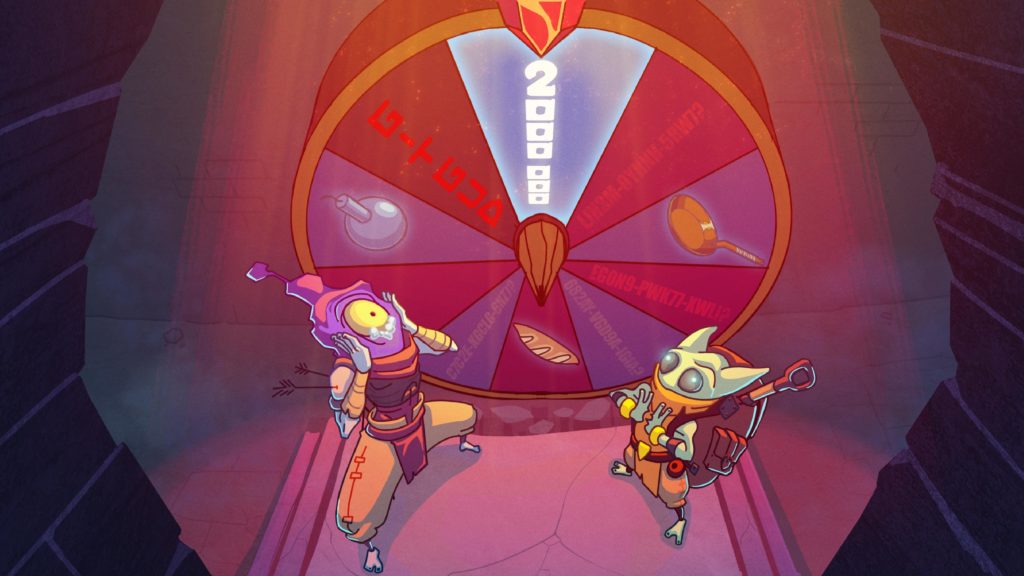
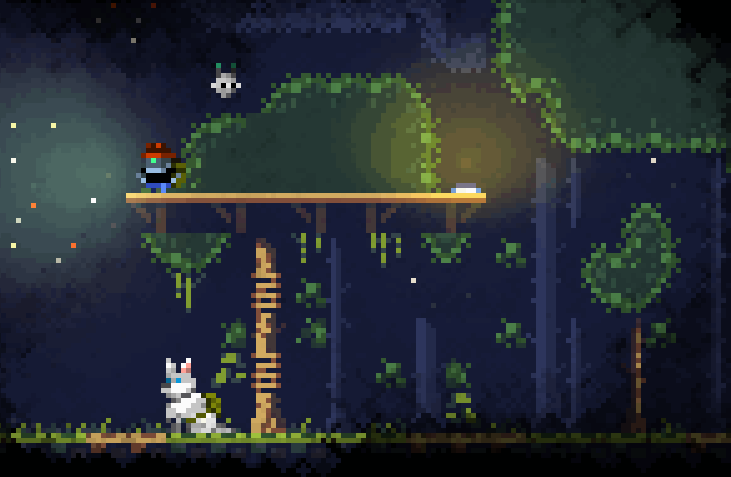
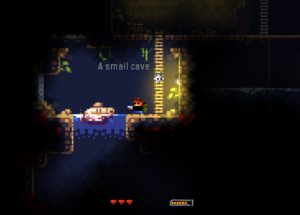
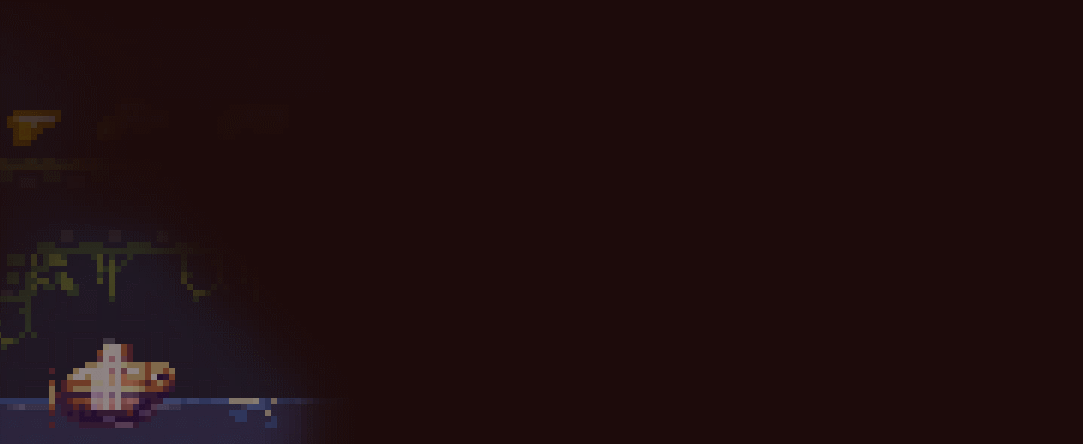
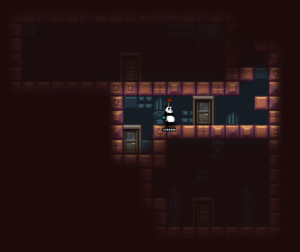
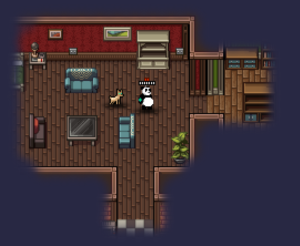
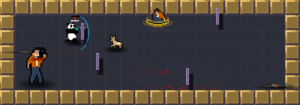
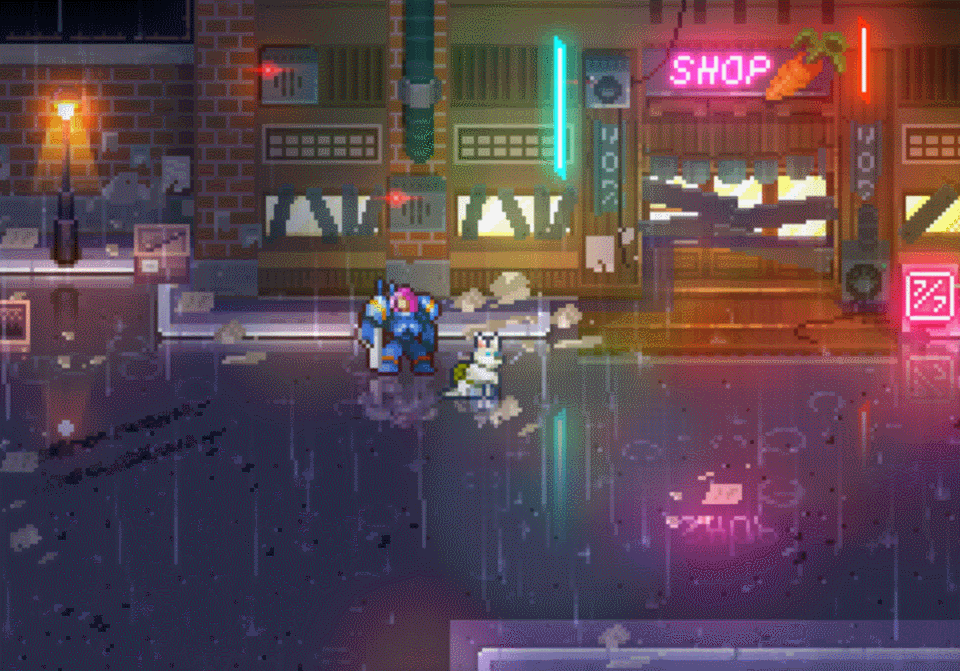
Salut! Je suis tombé sur RPG map et je trouve que c'est vraiment un outil réussi avec suffisamment de profondeur pour arriver à exprimer la plupart de ce que j'ai en tête, tout en ayant une interface conviviale et fonctionnelle. Et d'apprendre en plus que le logiciel provient d'un ancien de Motion Twin, c'est vraiment surprenant. J'ai joué plus que pour ma part de Hordes.fr, Les Cavernes de HammerFest (toujours un de mes préférés, dont j'aimerais une version offline pour pouvoir enfin l'explorer en entier) et La Brute. Je n'ai rien à dire de particulier outre : Bon Travail!
I just discovered Nuclear Blaze and what a feat ! The best part ? Children mode. I bought the game for my 5yo and what a delightful surprise to see this mode !
Daddy is enjoying it as well, maybe too much.
You've earned a new fanboy, eager to see what you'll come up with next time and to support your work.
It maybe a very bad idea (very time consuming to develop), but if you were into RTS, I would be curious how you would imagine this genra (adding Rogue elements, 2D style, making puzzles or sandboxes like old C&C/SC…).
Also, thank you for making me discover Haxe as well.
Bonne chance et tous mes voeux de réussite !
Dead Cells is probably one of my best Rogue-Lite Game of the 10 last years, with binding of Isaac and now : HADES! Thx for all you've done on this game.
The best is yet to come! Enjoy
After pirating the games for years (still not finished, I'm very bad at it), I can finally afford to buy Dead Cells. It is an amazing game and I want to thank you for making it.
Excited to see how Nuclear Blaze will turn out.
weird game